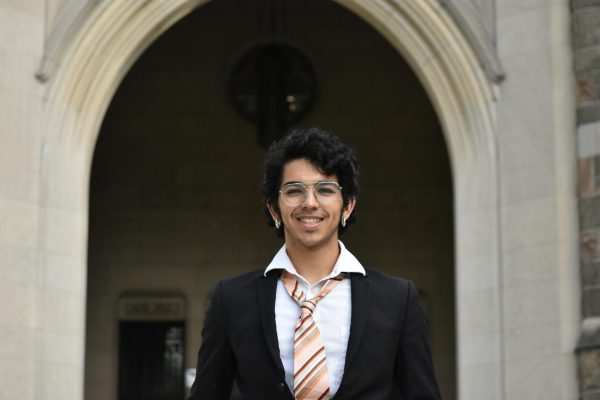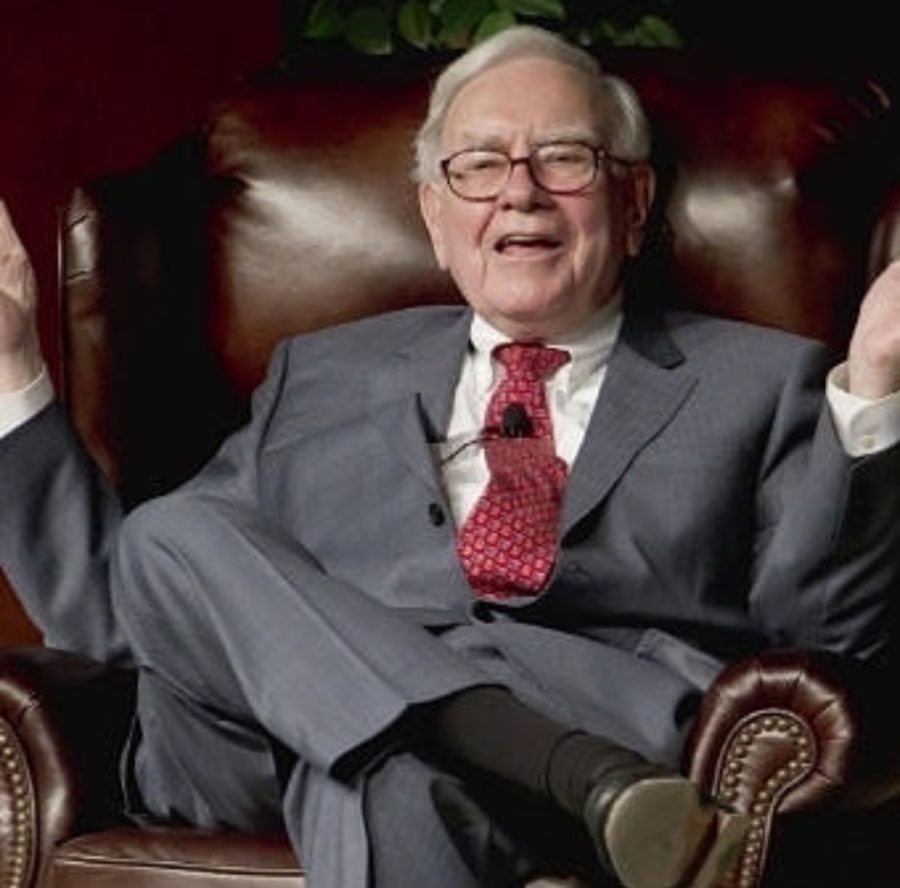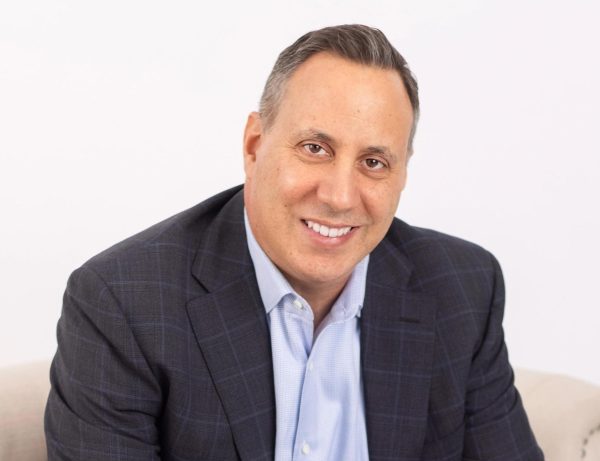Fordham Presents Honorary Degree to Charles F. Feeney
On March 8, Fordham hosted a presentation in which Charles F. Feeney received an honorary doctorate of human letters from the university.
Charles “Chuck” Feeney is a wealthy philanthropist who made it his mission to donate a majority of his wealth throughout his lifetime.
Dennis Jacobs, provost and senior vice president for academic affairs, served as the event’s master of ceremonies. Speaking about Feeney, Jacobs said, “Among those who excel in the accumulation of wealth, there are some who excel at giving it away … [Feeney] is a public-spirited man who devoted almost his entire fortune to philanthropic causes.”
“Fordham applauds Chuck Feeney for living his belief to the fullest and we thank him for allowing us to publicly celebrate him,” said Jacobs.
Father Thomas J. Regan, S.J., offered an invocation during the ceremony in which he connected Feeney’s accomplishments to the Jesuit ideals.
“[Feeney’s] entire life epitomizes and has truly embodied the spirit of generosity of St. Paul … May our students and alumni come to realize and put into practice the belief that true leadership is about service to others, that Mr. Feeney has shown us so beautifully,” stated Regan.
While concluding the ceremony, Rev. Father Joseph McShane, S.J., president of the university, spoke directly to Feeney, saying, “I want to thank you for giving us a model to emulate.”
According to the university’s website, honorary degrees are awarded as “a way of promoting and advancing the university as a whole, and giving the university prominence and recognition among her publics.”
While honorary degrees are generally bestowed upon their recipients during the annual university commencement, the university will occasionally present honorary degrees during special ceremonies at other times of the year, as is the case with Feeney.
In the past, the university has awarded honorary degrees for a variety of achievements and qualities among recipients, which include, as described on the university website, “leadership in advancing the mission of Catholic and Jesuit education; excellence in education and specifically in the areas represented by the university’s undergraduate colleges and graduate and professional schools; contributions to furthering multicultural and international understanding; service to Fordham University; service to New York City and her communities; contributions to our nation and society that advance humanistic values.”
Feeney is perhaps best known for being the founder of The Atlantic Philanthropies, one of the largest private philanthropic organizations, in 1982.
The foundation operated for 37 years before it eventually shut down after completing its mission of donating the entirety of Feeney’s wealth.
Feeney generated his wealth through the expansion of the Duty-Free Shopping Group, which began by selling duty-free alcohol to
American businessmen who traveled internationally for work.
Feeney, along with co-proprietor Robert Warren Miller, started doing business in Asia in the 1950s, but grew to include different products in international locations under the company name Duty-Free Shoppers Group. From alcohol, the duo upped the value of their products as well.
Over the course of his lifetime, Feeney has donated a sum greater than $8 billion in the pursuit of philanthropy.
In 2012, Feeney was also awarded an honorary Doctorate of Laws from the universities of Ireland, North and South, “for his incredible support of the Irish universities,” which includes the €800 million that Feeney’s group, the Atlantic Philanthropies, donated to the universities in the two decades leading up to his honorary doctorate.
Charles Feeney has also been credited as a major inspiration for the advent of the Giving Pledge, “a movement of philanthropists who commit to give the majority of their wealth to charitable causes, either during their lifetimes or in their wills.” The Giving
Pledge was created in 2010 by Warren Buffet, Melinda Gates and Bill Gates to encourage billionaires and others among the ultra-wealthy population to engage in philanthropy.
In a letter Feeney wrote to Gates on the Giving Pledge, Feeney said:
“I cannot think of a more personally rewarding and appropriate use of wealth than to give while one is living — to personally devote oneself to meaningful efforts to improve the human condition. More importantly, today’s needs are so great and varied that intelligent philanthropic support and positive interventions can have greater value and impact today than if they are delayed when the needs are greater.”

Sebastian Diaz is a senior from Chapel Hill, N. C. who is double majoring in journalism and film. After starting as a news reporter for The Fordham Ram...










































































































































































































